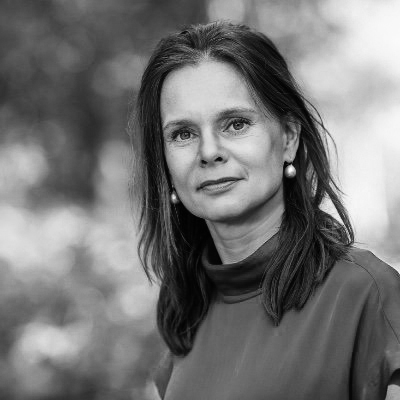Quantum Delta NL: The Dutch Community for Developing Quantum Technologies
You are a founding director of Quantum Delta NL. What is Quantum Delta NL?
Quantum Delta NL is a foundation aimed at accelerating the development of quantum technologies in the Netherlands, and executing a programme for this development that the Dutch government funds with 615 million euro for 7 years. Quantum Delta NL is also the community of all people in the Netherlands working on quantum technologies. We call it an ecosystem.
What are your main tasks in Quantum Delta NL?
I am one of the directors of Quantum Delta NL. We have an executive board with Ronald Hanson from science, myself, Jesse Roberts from industry, and a vacancy for a 4th person. We are formally responsible for the Foundation and the execution of the Quantum Delta NL program. Also I am responsible for Action Line 2, as we call it. That part of the programme focuses on the ecosystem development. It supports startups and SME, makes sure that there is venture capital for them, and it builds a new House of Quantum, a space where the community can come together.
Quantum Delta NL aims at building by 2028 a quantum computer with more than 100 qubits. Is that a computer that can be bought by industry and people?
We don’t foresee it to be a commercially available product. Our aim is to bring demonstrators to the market for educational and precompetitive purposes: the quantum computer will be a test bed for demonstrating the maturity of the technologies we develop. This quantum computer is, so to say, a step from scientific research to commercial activity.
Will it be a Dutch computer?
Yes, the funds come for a large part from the Netherlands and the hardware is developed in NL. A lot of the research is carried out in the Netherlands, but there are also components that come from suppliers. And we work together with European research institutes, with Grenoble in France for instance, and also with American companies. It is a consortium effort, so to say, with of course an emphasis on the Netherlands. I would call it a European quantum computer.
Is it going to stand in the Netherlands?
It will be physically touchable in Delft!
One of the insights in this magazine is that developing quantum computing is not only a matter of creating new technologies but also of bringing different groups together. What groups are part of Quantum Delta NL?
It is a broad mix: we have scientists, entrepreneurs, students, end-users, policy makers, teachers and investors. And we have disciplines such as physics, material science, computer science, systems engineering, innovation management and policy analysis. Quantum Delta NL has an ecosystem approach, for research and industrialization, but also for educating people about quantum technologies, in universities and at secondary schools, polytechnics, and for small and medium-sized enterprises. We engage with governments because quantum has very strategic applications, such as securing critical infrastructure and cyber security. The earlier you engage with end users, the better you can raise awareness of all the ethical, legal and societal aspects.
To zoom in on one group of the ecosystem: a key goal of Quantum Delta NL is to get more startups out of the research at universities and also attract them from other places. We have startups in Delft and Amsterdam building components of quantum computers. For instance, QBLOX develops electronic hardware needed to control qubits, Delft Circuits produces the wires for connecting quantum computers,and Qu&Co makes algorithms that run on quantum computers. These startups join forces in Quantum Delta NL, and we help them with funding. Also we have scouts who scan if PhD researchers have a really good idea that may lead to new patents or startups.
How is Quantum Delta NL achieving that all these groups can talk with each other and collaborate?
It is challenging because it is a very complex and abstract technology that you cannot see because it lives on the nanoscale. The language of scientists is hard to grasp for policy makers or end users. For bridging that gap you need translators: people who know enough of the technology and can translate it to others. Also between the different disciplines this is a thing. A computer scientist has deep knowledge of software and algorithms, but does not understand electronics, and the other way round. So on all levels you need translation, development of a joint language, and also of a joint culture. Industry runs projects and steers tech development in a very different way than academics. And the culture in the public domain is different to the one of startups. It is a challenging adventure, because when you put these cultures together, you can learn new things. You can get the best of both, or even more. So it is very exciting to be part of it!
And Quantum Delta NL has those translators?
We try to. And we organize lots of events to help an open flow of conversation. Everyone should feel proud and happy to be part of this ecosystem, so that we don’t have to work hard on letting people talk to each other, but that they like to do that. That it is fun.
